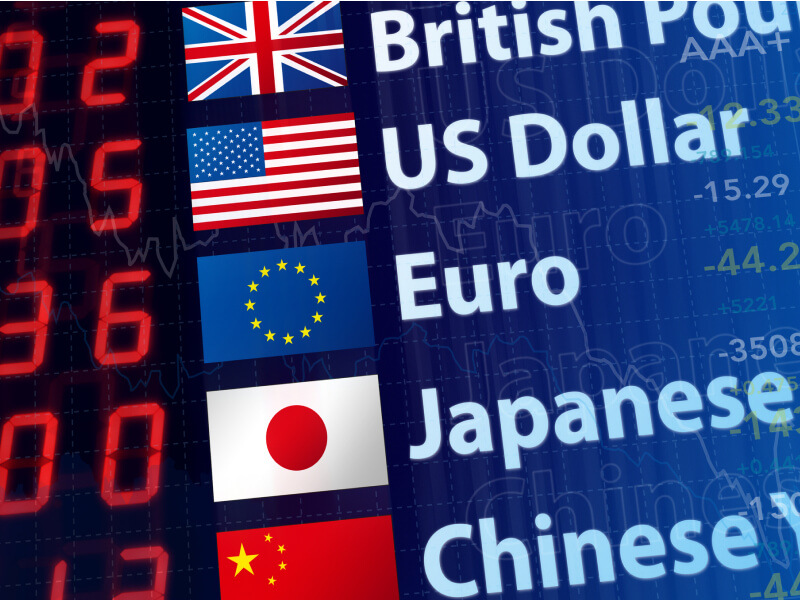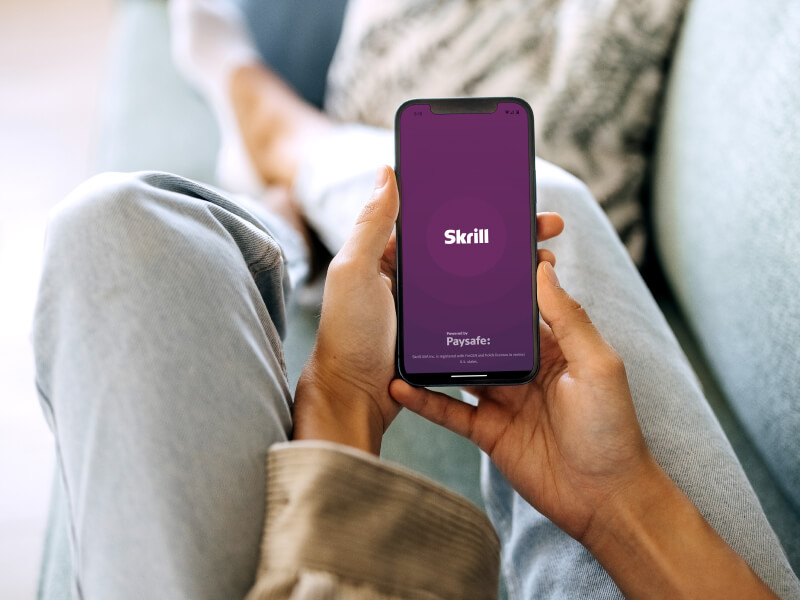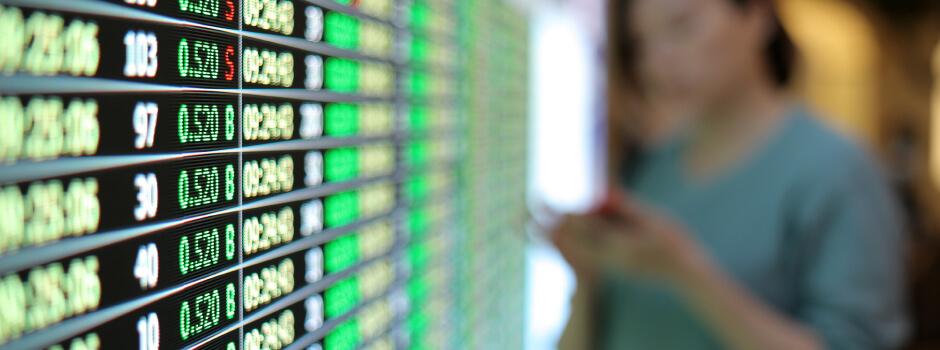This article is not intended to be financial, investment or trading advice. This article is for information and solely for education purposes. It does not protect against any financial loss, risk or fraud.
Entering the fast-paced world of forex can be daunting at first. Simply put, the forex market is a global platform where currencies change hands on a daily basis, reflecting the dynamic nature of international economies.
Before you jump in, it’s a good idea to understand all the requirements of forex trading. Knowing these requirements, especially for beginners, will make getting started much easier.

The main forex trading requirements
Before you start trading forex, you should be aware of some essential requirements. Meeting these requirements is crucial to ensuring a smooth trading experience and avoiding common mistakes.
Below are some key points that, if kept in mind, will save you headaches when trading forex.
1. Age requirements
You’ve got to be at least 18 years old to trade forex. This isn’t an arbitrary rule; it’s a globally recognised standard.
Why 18? Well, forex trading is more than just charts and numbers; it presents a series of financial scenarios where decisions can lead to either significant gains or substantial losses. Regulators worldwide agree that you should be at an age where you can fully grasp these complexities and risks.
2. Education and training
You don’t need to be a finance guru to start forex trading, but having a solid foundational knowledge is very important.
Before trading, you should make sure you’re up to speed in the following areas:
- Forex trading for beginners: Grasping the basics is essential. There are numerous resources, both online and offline, that shed light on the fundamental principles of forex trading.
For example, online platforms such as Forex Strategies Resources offer free guides and tutorials for beginners. Knowledge can also be acquired offline, at trading seminars or with books such as ‘Currency Trading for Dummies’.
- Technical analysis: This involves reading and interpreting forex charts, understanding trends, and using historical data to predict future movements.
- Forex demo account: Before diving into real-time trading, using a forex demo account is advisable. It offers a simulated environment, allowing you to practise without any real financial risk.
The forex market, like any financial market, evolves continually. Staying up to date with the latest trends, news, and strategies is crucial.
Many opt for online courses, webinars, or even seminars to keep their knowledge fresh and relevant. As you become more proficient, exploring the following advanced forex trading techniques is the next step.
- Fundamental analysis: Here, traders use economic data, news, and events to make informed trading decisions.
- Backtesting: An essential tool for refining strategies. It allows traders to test their trading approach using historical data, helping to predict how a particular strategy might fare in real market conditions.
Jumping into the forex world without adequate preparation is like sailing without a compass. The seas might be tempting, but the waves can be treacherous. Education not only provides a map but also ensures you don’t drift aimlessly.
3. Forex trading mindset
Trading in the forex market isn’t just about analysing numbers and charts; it’s about understanding your own mindset.
As with any investment, the journey in forex has its ups and downs. Celebrating the success of a well-informed trade or reflecting on a loss are all part of the experience.
However, maintaining emotional balance is vital to consistently make sound decisions. Here are some suggestions to help you:

- Stay calm: Accept that not every trade will yield a profit. It’s essential to learn from both successes and setbacks.
- Take regular breaks: Consistent screen time can be mentally exhausting. Taking short breaks can help you think clearly.
- Engage with the community: Being part of a trading group or seeking guidance from experienced traders can offer new perspectives and provide camaraderie in both challenging and rewarding times.
4. Capital requirements
Your capital is your ticket into the world of forex. But how much is enough?
Brokers have different entry requirements for forex trading. While some may allow you to trade with as little as $100, others might require a more substantial sum.
Before jumping into forex trading, it’s essential to prioritise financial security. Always make sure that you only invest money that you can afford to lose. Also, keep your personal finances separate from your trading finances so that you can monitor and control them more easily.
5. Choosing the right broker
Navigating the forex market requires a trustworthy broker. It’s crucial to check their reputation before selecting one.
Look for regulated brokers with a clear fee structure and positive customer reviews. Additionally, brokers that provide educational resources, advanced charting tools, and responsive customer service will set you up for a better trading experience.
6. A reliable payment method
Picking a reliable payment method is also vital for a good forex experience. Making sure that your trades run smoothly, with fast withdrawals and excellent security, is crucial.
This is where a Skrill account comes in useful, offering benefits such as:
- Speed: With your Skrill account, you can swiftly transfer money to and from brokers. Moreover, withdrawing profits from your Skrill account back to your bank is just a few taps away.
- Your trading account: Using a Skrill wallet ensures you keep funds separate from your regular bank balance, allowing for easier tracking of profits and losses.
- Widely accepted: Many top brokers accept Skrill, making it a great payment option wherever you’re trading.

Getting started with forex demands more than just enthusiasm; it requires preparation on multiple fronts. From understanding the foundational forex trading requirements to choosing reliable financial partners, every step plays a crucial role.
As you contemplate how to invest in forex, consider the importance of continuously learning and adapting in response to the market. If you’re just beginning, check out our step-by step guide for beginners.
And remember, with a reliable payment method like Skrill, moving your trading funds is hassle-free.

